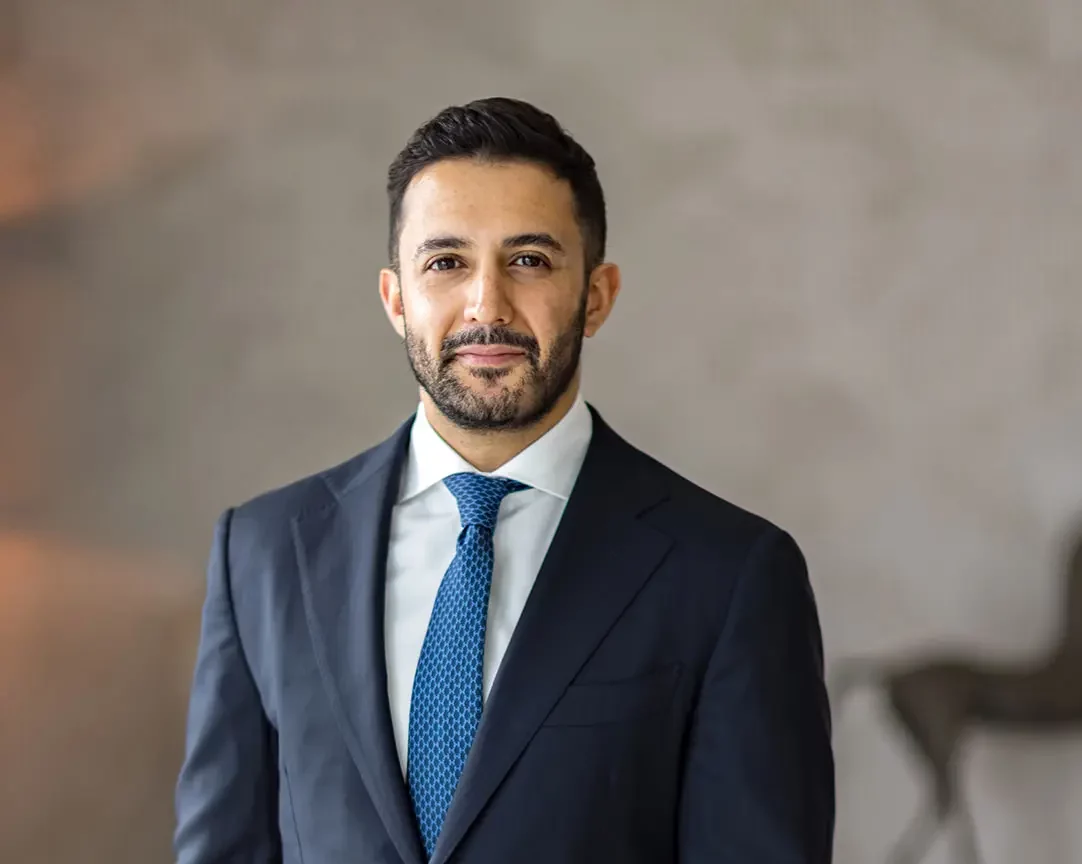What is a crypto wallet?
Crypto wallets do not store physical currency. Instead, it contains the digital passkeys you use when signing for crypto transactions and provides an interface that allows you to access your crypto assets. A crypto wallet also makes blockchain accessible, by entering in long keys which previously, you would have had to do yourself.
A straightforward way to think of a crypto wallet is to imagine a piece of software that finds all your bits of crypto asset data scattered across a database by using your public address. Once collected all the assets that belong to you, it totals up the amount and presents it on an app interface.
Crypto wallets come in two forms, custodial and non-custodial.
- Custodial wallets – an exchange where you can buy and sell cryptocurrency holds the passkey to your wallet on your behalf.
- Non-custodial wallets – you, as the user, have complete control over your passkey and direct interaction with the blockchain.
There are also two types of crypto wallets.
- Hot wallets – where your wallet is kept on an application or platform residing on the internet.
- Cold wallets – where your wallet is stored offline, sometimes in a physical device such as a thumb drive.
Both options differ in experience and security levels. For example, cold storage may offer more security as it is offline; however, most hot storage options are free to use.
How does a Crypto Wallet Freezing Order work?
The Economic Crime and Corporate Transparency Act 2023 introduced CWFOs and Crypto Wallet Forfeiture Orders CWForOs. CWFOs closely model Account Freezing Orders (AFOs) which was introduced by the Criminal Finances Act 2017.
As of 24 April 2024, Prosecutors and enforcement authorities in England and Wales can apply to a Magistrates’ Court for a CWFO where they have reasonable grounds to suspect cryptoassets held in a crypto wallet administered by a UK-connected crypto service provider represent the proceeds of unlawful conduct or are intended for use in unlawful conduct.
A subsequent CWForO can be made if the Court is satisfied, on the balance of probabilities, that the crypto assets connected with the wallet are the proceeds of criminal conduct or intended to be used for criminal purposes.
As is the case with AFOs, it is likely that most applications for CWFOs will be granted at the first hearing. This is because:
- Magistrates seldom question an enforcement agency’s assessment regarding whether the Respondent’s assets relate to criminal conduct, and
- In the case of crypto wallets, Magistrates are unlikely to have the technical knowledge to challenge the enforcement agency’s conclusions.
Holding a non-custodial wallet in cold storage can hamper the effectiveness of CWFOs as the wallet may not be connected to a UK service provider. However, cold and non-custodial wallets can still be identified over the on/off ramp interactions with (centralised) service providers.
Another challenge to the effectiveness of CWFOs is the rise of Decentralised Exchanges (DEX) and privacy first Blockchain protocols. These could make the successful application of CWFOs practically impossible.
Can CWFOs be granted without notice?
Yes, they can be granted without notice to the owner of the wallet or any other affected party.
How can a Solicitor help?
If the CWFO has been granted without notice, it is unlikely you will be aware of its existence until it is served on you. At this point, you need to contact an experienced Corporate Crime Solicitor immediately. They will work swiftly to gather the relevant evidence regarding the use and origin of the crypto assets. In addition, your Solicitor will collate and present this evidence in a way that can be understood by a Magistrates’ bench which may comprise of mostly lay people.
Although the standard of proof a CWFO application (reasonable grounds to suspect) is incredibly low and therefore likely to lead to a without notice application succeeding, obtaining a CWForO requires a higher standard of proof (balance of probabilities). Your Solicitor will contact and build a relationship with the enforcement agency or Prosecutor so they can develop an understanding as to why they suspect your crypto assets have been used for or gained through criminal activity and the actions they plan to take to continue their investigations.
If the CWFO remains in force whilst the investigation takes place, your Solicitor will focus on building a robust case aimed at convincing the investigator or the Court that the suspicion upon which the CWFO was granted is unsustainable.
Final words
Lack of judicial knowledge and confidence is the greatest difficulty facing clients and legal professionals alike when it comes to successfully challenging an application for a CWFO. Therefore, you, as the client need to instruct a Solicitor who understands the new and specialist area of crypto assets to ensure legal arguments and evidence supporting a challenge is presented in plain English and an understandable format, thus giving it the best chance of success.
To discuss any points raised in this article, please call us on +44 (0) 203972 8469 or email us at mail@eldwicklaw.com.
Note: The points in this article reflect the law in place at the time of writing, 21 December 2024. This article does not constitute legal advice. For further information, please contact our London office.
Share this Post



